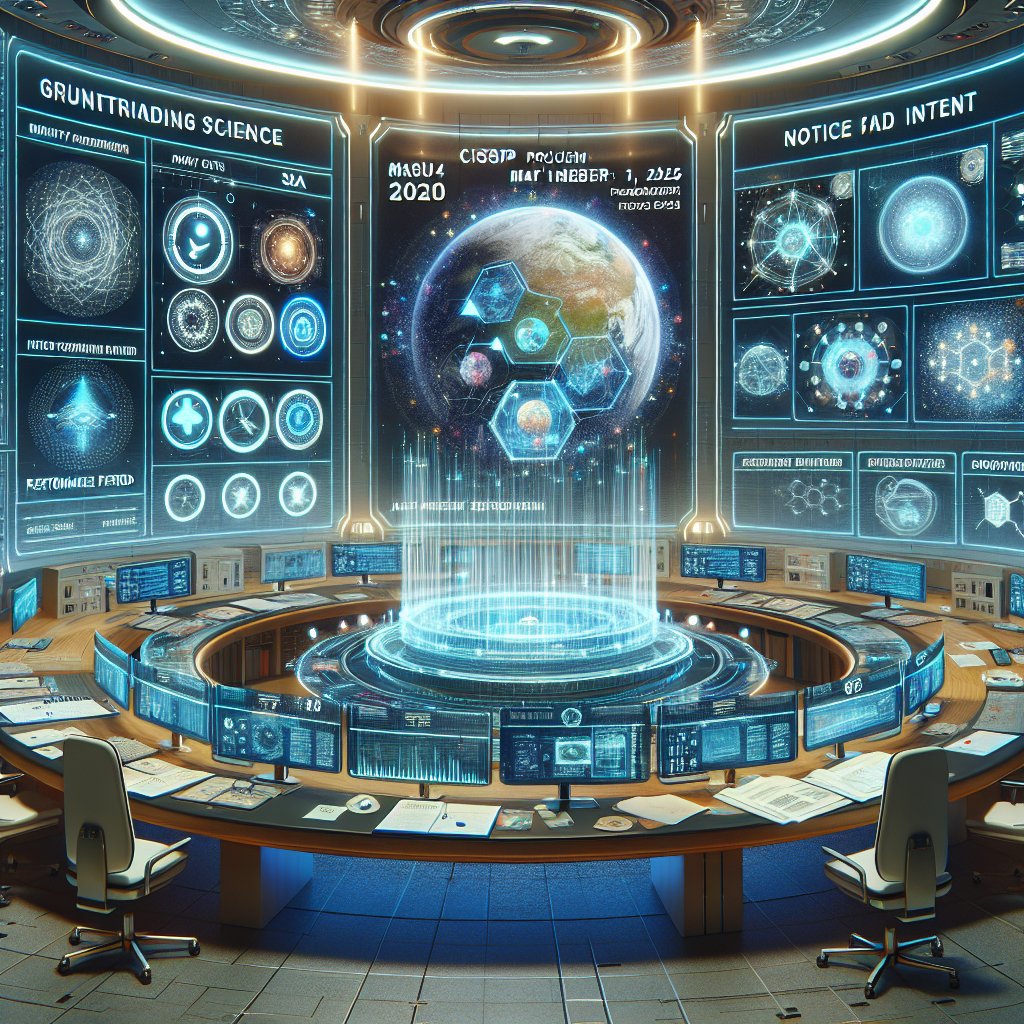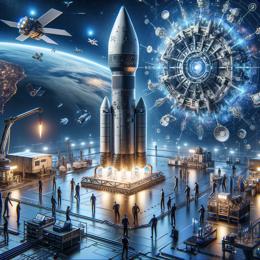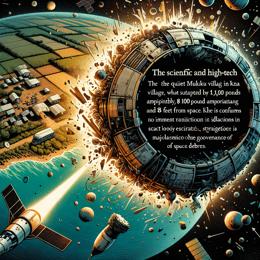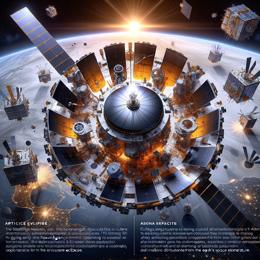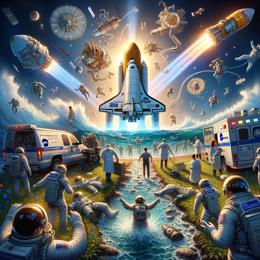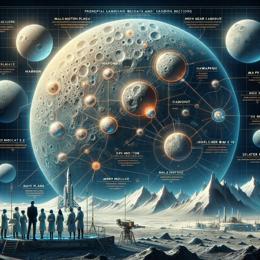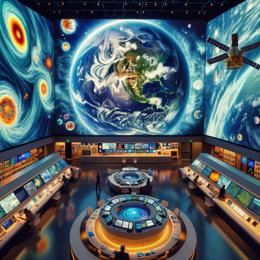Image created by AI
NASA Announces Important Changes to Citizen Science Seed Funding Program Deadlines
NASA’s innovative Citizen Science Seed Funding Program (CSSFP) has catalyzed twenty-four new projects since its inception in 2020, providing a one-year financial boost to integrate citizen science methods in scientific research. Keeping with its commitment to grow and improve, NASA has announced pivotal changes to CSSFP for the upcoming cycle – adjustments that promise to better align with academic schedules and funding utilization rates.
In a strategic move, NASA is reconfiguring its submission schedule to favor the academic and research calendars. Recognizing the summertime as a critical period for research activities involving students and interns, NASA has advanced the planning start date for this round of CSSFP investigations to May 1, 2025. To integrate seamlessly into this new timeline, the submission deadline for proposals has been rescheduled to an earlier date, now set for November 19, 2024.
Researchers are encouraged to submit a Notice of Intent by October 1, 2024, an optional yet beneficial step to streamline the review process. Though not mandatory, Notices of Intent will help NASA plan for the review panels, ensuring that the community’s interests and needs are adequately represented.
Moreover, for current CSSFP grant recipients, NASA introduces the option to request a No Cost Extension. This provides the flexibility to appropriately utilize their remaining funds over an additional year without additional charges. Crucial to note is the stringency of the request deadline enforced by the NASA Shared Services Center; requests should be submitted well in advance – at least 10 calendar days before the project’s existing performance period end date to avoid automatic rejection.
These critical updates reflect NASA’s ongoing commitment to fostering citizen science and accommodating the workflows of researchers and academic professionals. By adjusting the program to better suit the broader scientific community's needs, NASA aims to not only maintain but enhance the CSSFP's support for the development of citizen science projects and extend their impact on the scientific landscape.
With these adjustments, NASA anticipates an efficient and productive cycle as researchers embrace citizen science's potential to bring forth new collaborations and discoveries. The anticipation for a summer filled with active, citizen-powered science is palpable within the academic community, and the CSSFP remains a beacon for enabling such vibrant scientific exploration.
